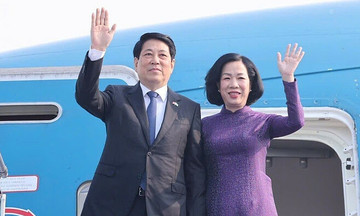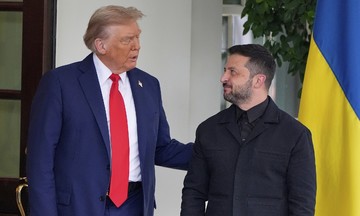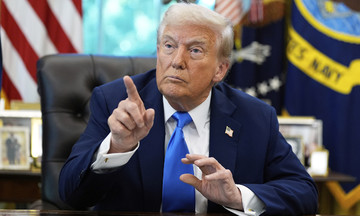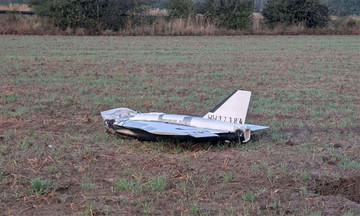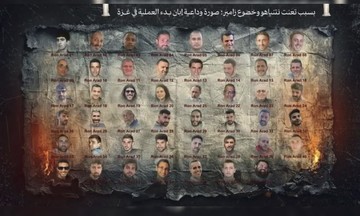Federal Communications Commission (FCC) chair Brendan Carr is attracting unprecedented attention for his aggressive challenges to major media outlets. A staunch supporter of former president Donald Trump, Carr has been a vocal critic of what he calls biased media coverage of the former president.
Since taking the helm of the FCC, which regulates US radio and television broadcasters, Carr has launched a series of probes into prominent media companies. His latest target was comedian Jimmy Kimmel, host of ABC's "Jimmy Kimmel Live!", over controversial comments Kimmel made about the assassination of conservative activist Charlie Kirk. Carr's warning on the afternoon of 17/9 pressured ABC to pull the popular show that same night.
"I think Brendan Carr is brilliant. He’s a patriot and tough. Let’s see what happens," Trump said on 18/9, referring to the official he had previously described as a "warrior for free speech" when nominating him to chair the FCC in late 2024.
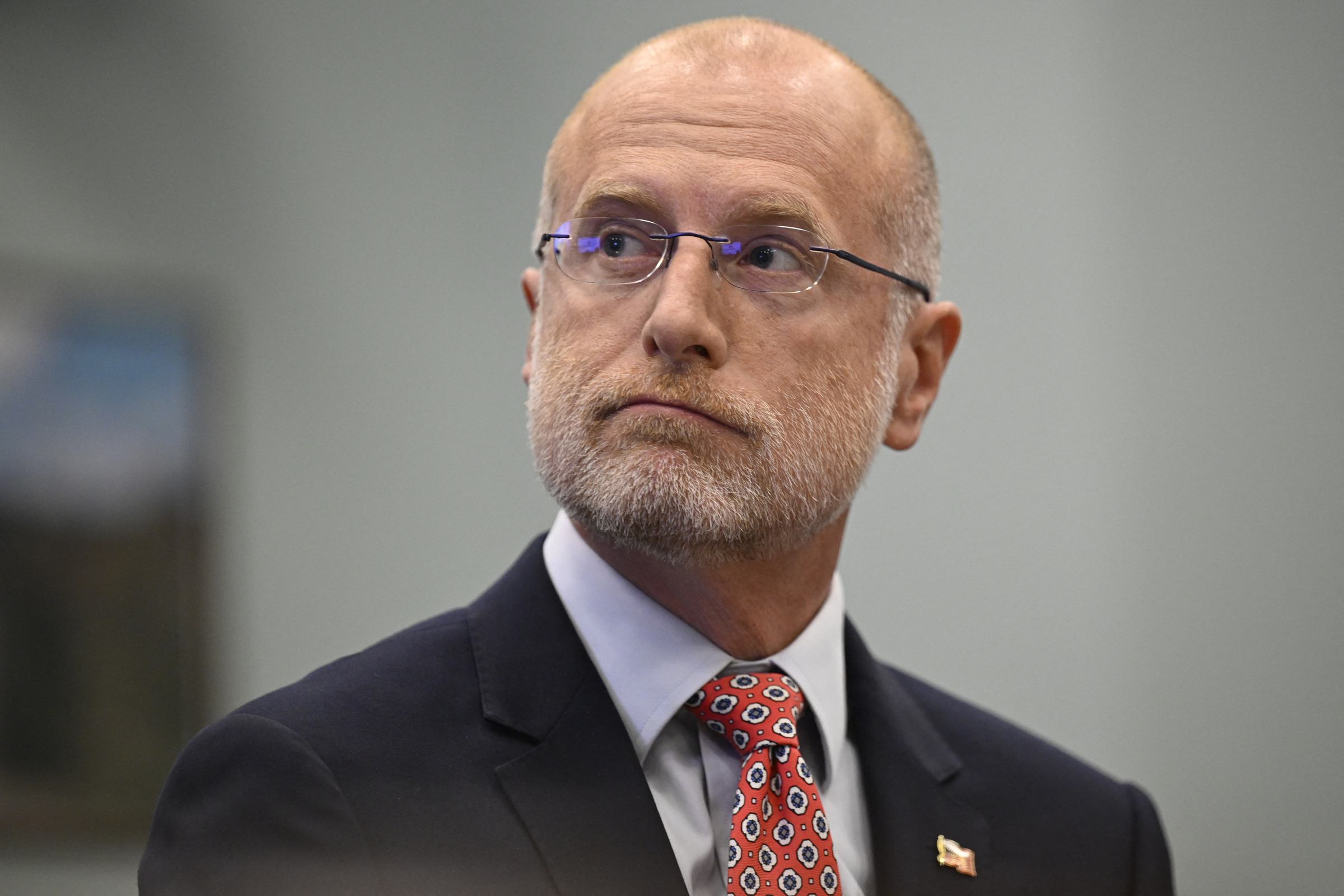 |
FCC Chair Brendan Carr testifies before the House of Representatives on 21/5. Photo: AFP |
FCC Chair Brendan Carr testifies before the House of Representatives on 21/5. Photo: AFP
Born in January 1979 in Washington, D.C., Carr earned a political science degree from Georgetown University and a law degree from the Columbus School of Law at the Catholic University of America. He practiced law privately from 2005 to 2012, including a brief stint as a clerk for a federal judge. In July 2012, he joined the FCC as an attorney in the Office of General Counsel, steadily rising within the agency and the Republican Party.
In February 2014, Carr became an advisor to Ajit Pai, the Republican commissioner at the FCC. When Trump appointed Pai as FCC chair in 2017, Carr was named the commission's general counsel. Later that year, he was appointed as a Republican commissioner.
As a commissioner, Carr continued to garner attention for his strong criticism of media outlets he deemed left-leaning. During Joe Biden's presidency, Carr aligned himself with Trump's agenda, criticizing the censorship of conservative content on social media platforms, an area outside the FCC's jurisdiction.
Carr authored the FCC chapter in "Project 2025," a 2024 document compiled by conservative organizations outlining policy proposals for Trump or any future Republican president. He argued that the FCC should target large technology companies accused of censorship.
"The FCC should be promoting free speech," Carr wrote.
After winning re-election, Trump nominated Carr to lead the FCC in November 2024. Observers considered it a natural choice, given Carr's deep understanding of media regulations and his recognition among policymakers.
"Commissioner Carr is a warrior for free speech, who has fought against regulations that stifle the freedoms of the American people and hold back the economy," Trump said at the time.
In appearances on Fox News and social media posts, Carr echoed Trump's growing frustration with television networks during the election season. He also maintained close ties with conservative organizations in Washington, such as the Heritage Foundation and the Federalist Society.
Upon becoming FCC chair, Carr swiftly initiated investigations and pushed to eliminate diversity, equity, and inclusion (DEI) programs. He revived complaints against CBS, NBC, and ABC, alleging political bias. These complaints had been dismissed by the FCC under Biden for potentially violating the First Amendment.
In March, Carr investigated ABC's DEI policies, claiming they were discriminatory. In April, he accused Comcast, NBC's parent company, of "distorting the news."
In November 2024, Trump sued CBS's "60 Minutes," alleging the program had edited an interview with Kamala Harris to make the Democratic presidential candidate "appear more credible."
The lawsuit coincided with the FCC's review of an $8.5 billion merger between Paramount, CBS's parent company, and Skydance. To avoid jeopardizing the deal, Paramount agreed in early July to a $16 million settlement in Trump's lawsuit. Weeks later, Carr approved the merger.
Observers note that Carr's power stems from the FCC's authority to license broadcasters. While the FCC cannot directly ban a station for its content, Carr argued he could deny or revoke licenses if a station failed to serve the public interest.
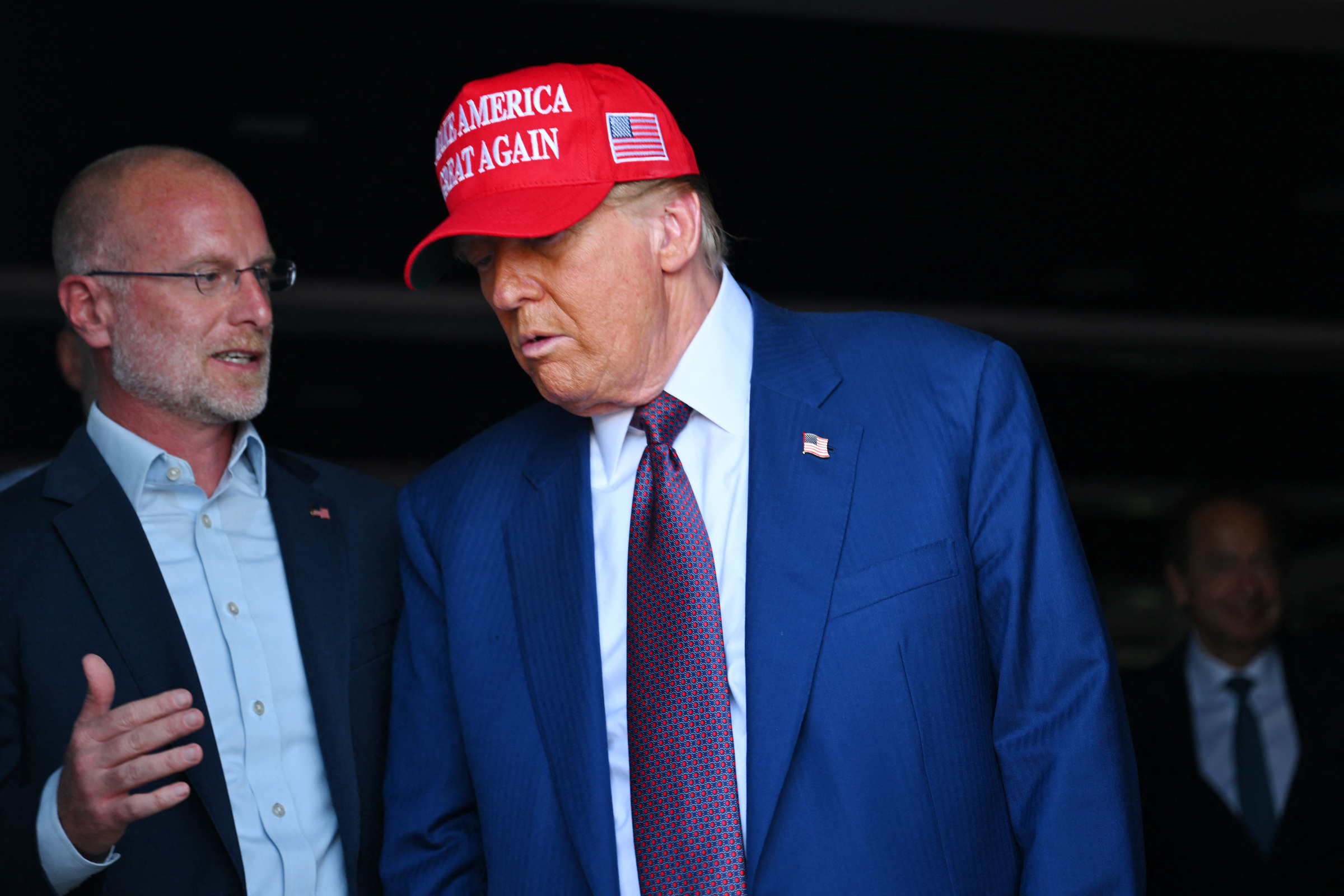 |
Donald Trump (right) and Brendan Carr in Brownsville, Texas on 19/11/2024. Photo: AFP |
Donald Trump (right) and Brendan Carr in Brownsville, Texas on 19/11/2024. Photo: AFP
On 15/9 and 16/9, Kimmel suggested that Trump supporters were "exploiting Kirk's murder for political gain" and that Trump was grieving "like a 4-year-old crying over a lost goldfish." Carr called Kimmel's comments "an attempt to deceive the American people" about the beliefs of Kirk's alleged assassin, adding that the FCC "would take remedial action."
"We can choose to do this the easy way or the hard way," Carr said in a podcast with right-wing broadcaster Benny Johnson on the afternoon of 17/9. "These companies can change their behavior and take action with Kimmel, or the FCC will have more work to do."
Carr's warning implied that the FCC could fine or even revoke ABC's license, a prospect described by industry insiders as "terrifying," prompting the network to pull "Jimmy Kimmel Live!".
The move sparked a debate about free speech, with critics accusing Carr of "weaponizing" the FCC. Trump supporters, however, cheered him on. Johnson shared his interview with Carr on social media.
"This is exactly why Kimmel was fired. It's the soft power the left has always used. Thanks to President Trump, the right now knows how to wield this power too," Johnson wrote.
Nhu Tam (According to AP, CNN, AFP)



